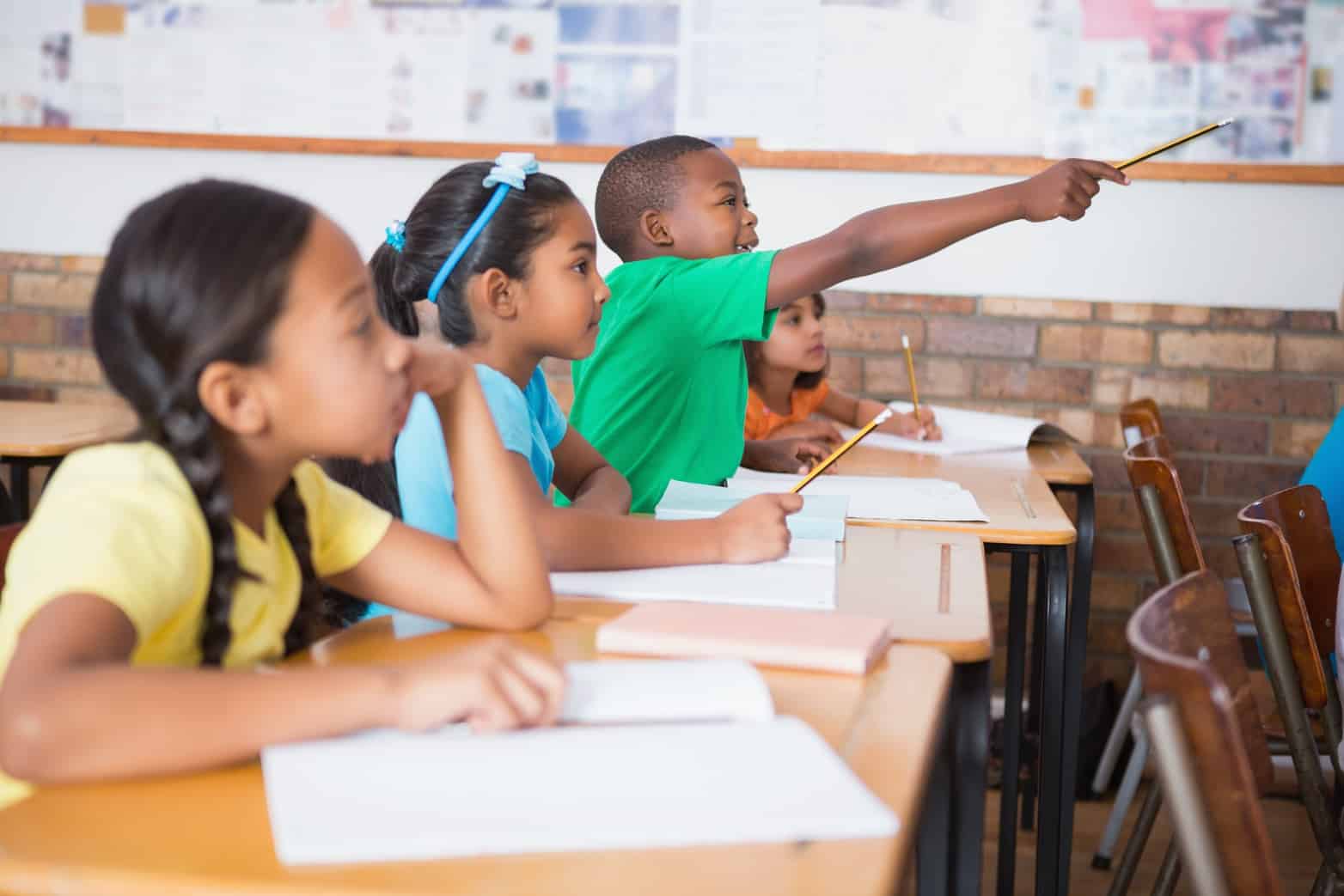While it is true that most mainstream Hip-Hop songs do carry a stigma of misogyny, graphic depictions of violence, drug and alcohol usage, and profanity, (which would scare off most educators) there is a silver lining! The original principles of Hip-Hop were built on Peace, Love, Unity, Having Fun, and in most circles, Knowledge of Self. I am certain if any school culture program could guarantee those five principles, we would all be lining up to take that professional development course! Every principal would finally have their ideal version of their school in theory, high academic achievement, and few disciplinary issues.! I would be remiss if I did not say that this practice, like most in education, starts with building a relationship with your students. Like the late great Rita Pierson said, “kids don’t learn from people they don’t like.” A great way to foster better relationships is by being culturally responsive, a concept coined by Dr. Geneva Gay and built upon by Zaretta Hammond. While we may not always understand the cultures of our students, immersing ourselves and learning about them can create equitable outcomes.
The principle of Knowledge of Self is synonymous with Self-Awareness, which is a competency of social and emotional learning (SEL)! As a Hip-Hop Educator, the music has been a major influence in my life, and I wanted to show students that you can be your authentic self on campus. I often used lyrics to connect and motivate my students, but I knew more could be done. I started framing the lyrics I used in the context of CASEL core competencies–creating lessons around these lyrics in service of the competencies. Hip-Hop offers many examples of SEL that is Culturally Responsive. One of my favorite examples is a line Rick Ross says on the song “Lord Knows” by Drake. Rick Ross communicates, “Every day is another opportunity to reach that goal.” Whenever my students have an off day or feel like they are a failure, I recite that line to let them know that the next day can be the best day!
Obviously, some lyrics or themes are not appropriate for the classroom. The best analogy I can come up with is this: if you are a burger lover and you do not like lettuce then you would not ask for lettuce on your burger. You would never say all burgers are bad because some come with lettuce! That is how I feel about Hip-Hop; there are lyrics you would never use in a classroom setting but that does not make the entire genre bad. If the culture of your students is Hip-Hop, finding creative ways to integrate Hip-Hop in class can prove to be a powerful tool for connection. Increased engagement equals significant learning!
This is an actual lesson I have used with middle and high school students; the lyric comes from the song “Beloved” by Dave East and Styles P; I would never play this song for a class due to profanity. I only use the opening line of “The Meaning of the Name David is Beloved or Friend.” Since my first name is David, this song resonated with me and gave my name a new meaning and boosted my Self-Awareness. I actively try to live up to that meaning by sending out positive energy!
I tell students while they may not have a song that highlights their name like this has for me, we now get the opportunity to increase their Self-Awareness skills. The first activity I engage them in is to help them recognize their strengths by taking an online assessment at viacharacter.org; when completed, students will get a list of 24 strengths with their top five highlighted. Next, students will go to wordart.com to create an image of their choice that incorporates their top five strengths and five things they like about themselves or enjoy. Imagine the relationship building that will be had by asking your students if they know the meaning of their names or if it has a special meaning in a different culture. Students will add vocabulary words with the strengths they are unfamiliar with. You can ask why they chose the image for their word art which will open up great dialogue around their newly discovered strengths and how they can model those new strengths daily.
The foundation of the relationship is focused on the actual student and not their academic status, but once the student knows you care, watch how much their academic status improves because they have a champion in you! The ability to accept students for their authentic selves while boosting those essential SEL skills can change a young person’s trajectory! This skill- building-example came from a Hip-Hop song, but SEL lessons can be found in all genres of music. We as the educators must check the pulse of our students to know what artists they like and if those lyrics can be appropriately incorporated during class! As I close, I must reference Ms. Pierson again: “This job is tough but it’s not impossible. We can do this! We are educators; we’re born to make a difference!”
















